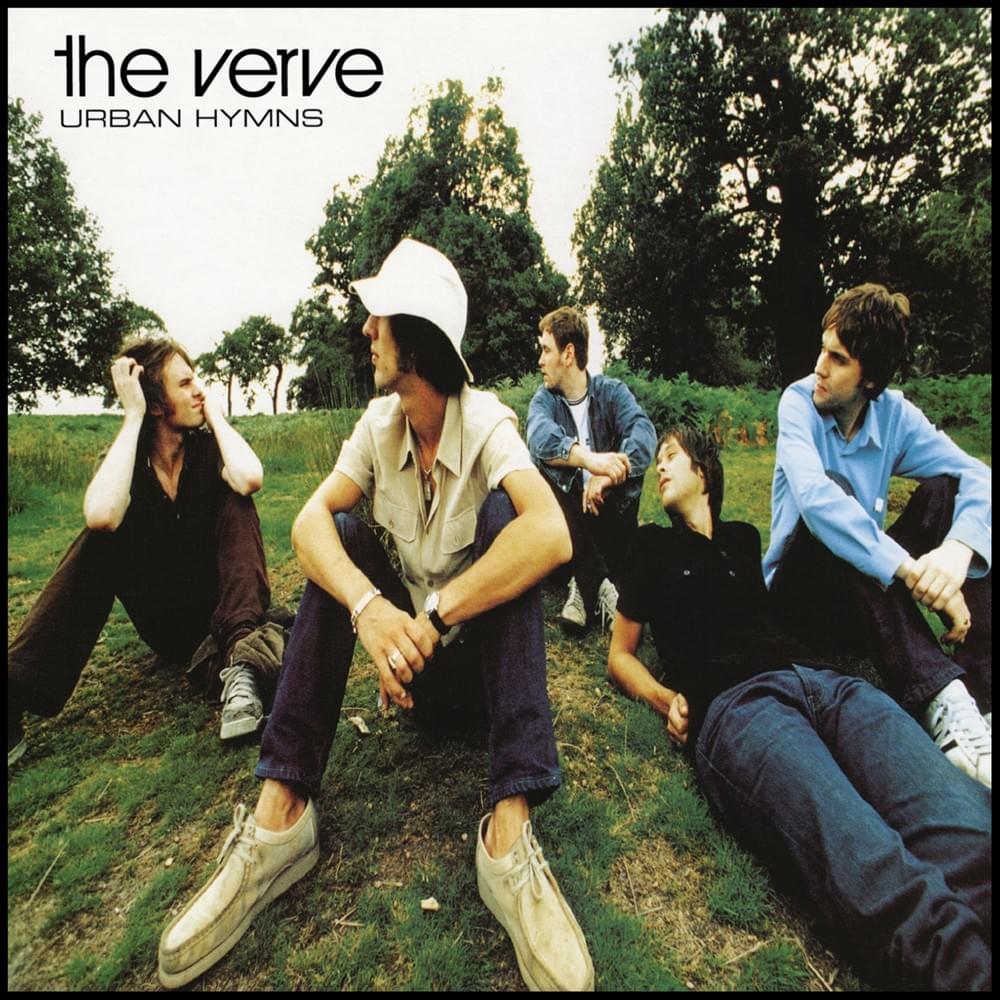Britpop (a word composed of “British” and “pop”) is a sub-genre of alternative rock that was developed in the UK in the early 1990s. Not only was it seen by all as a reaction to the neurotic American grunge movement (Nirvana, Pearl Jam…), it was also a reaction to the ethereal and noisy style of shoegaze (My Bloody Valentine, Slowdive…), both appreciated by the British public in the early 90s.
In this way, Britpop intended to return to a more traditional rock style, characterized by guitar melodies, catchy pop choruses and a sound tailored for radio stations, while becoming the heir to a wide range of earlier English music. Bands such as Oasis, Pulp, Blur, Supergrass, Suede and Manic Street Preachers were the reason for the huge success of Britpop in the 1990s. Nevertheless, the genre went into commercial and critical decline around 1997 due to the lukewarm reception of Oasis’ third album, Be Here Now, following two exemplary albums, and Blur’s decision to distance itself from the genre.
The British press then focused on Radiohead and The Verve, considered more ambitious than their peers but less representative of the typical Britpop sound. Yet, at the turn of the millennium, bands with glory such as Coldplay, Travis and Doves gave a second wind to Britpop while not forgetting to show an international face. In this article of Gazettely, we want to introduce some of the most popular Britpop albums of the 1990s.
“Urban Hymns” from The Verve appeared just like “Blur” after the real zenith of Britpop. In no way does it make the album worse. With its third album, the Wigan band said goodbye to shoegaze and set out to become one of the most defining British bands of the late ’90s. However before the biggest album in their history, The Verve went through a brief crisis.
Frontman Richard Ashcroft and guitarist Nick McCabe couldn’t bridge their differences, so The Verve ceased to exist in the meantime. Just a few weeks after the split, the group got back together – without McCabe, though. Ascroft remembered the strengths of the band and jumped over his shadow. He called up McCabe and asked him to rejoin The Verve after the remaining members realized that a key piece of the puzzle was missing without the former guitarist.
That hackneyed cliché of the phoenix rising from the ashes became a reality with The Verve and their breakthrough album “Urban Hymns.” The song “Neon Wilderness” still refers to the previous albums with their flat, dreamy guitar arrangements and psychedelic impact. “The Rolling People” and “Come On”, in contrast, are considerably more straightforward and help “Urban Hymns” to achieve a successful dynamic. This album is expansive without getting lost. It is structured without seeming stiff.
The only number one hit of The Verve is “The Drugs Don’t Work”, but the indisputably most famous song is and remains the album opener “Bittersweet Symphony”. The orchestral version of the Rolling Stones song “The Last Time” was used as a template for the world-famous orchestral sample – legal disputes included. At the latest, through the use of the song in the film “Ice Cold Angels”, “Bittersweet Symphony” became legendary.


















































Discussion about this post